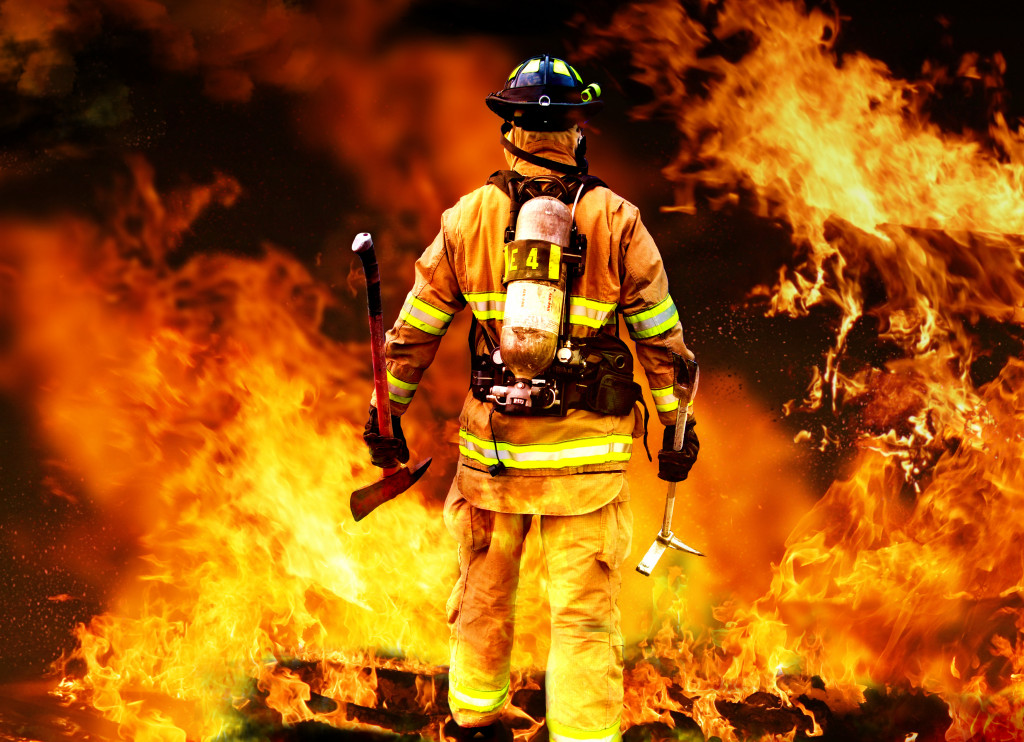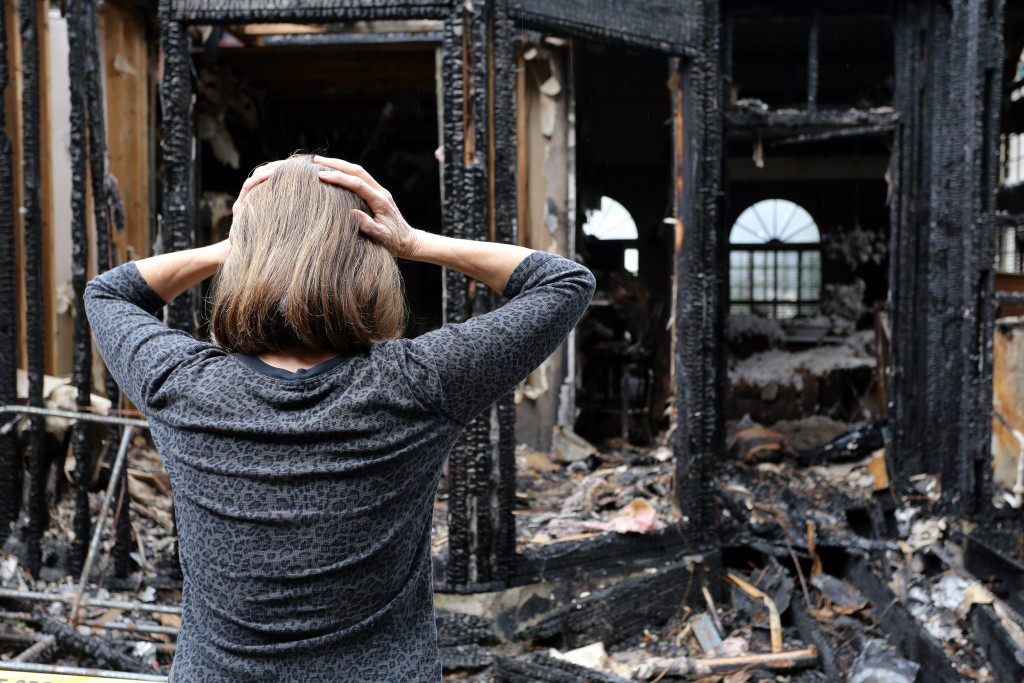- Fires pose significant business threats, causing property damage, data loss, injuries, and reputational harm.
- An estimated fire incident happens every 24 seconds in the U.S., causing thousands of deaths and massive property damage annually.
- Businesses can mitigate fire risk by installing security measures, maintaining data backups, conducting regular training, and having an evacuation plan.
- Installing emergency radio systems, conducting fire safety inspections, and employee training are key strategies for fire prevention.
- Regular assessments and updates of fire prevention measures are crucial to protect employees, customers, and business assets.
A fire can cause catastrophic damage to your business with long-term consequences. It can result in losing vital documents, property damage, potential injuries, and even fatalities. The damages can be devastating, and the recovery cost can be exorbitant. Business owners and entrepreneurs must take necessary precautions to prevent fires and prepare for worst-case scenarios.
Fires in The U.S.
It’s estimated that every 24 seconds , a fire department responds to a fire in the United States. Over 3,000 people die yearly from fires, with about 16,000 injuries and $14 billion in property damage. These statistics show how common fires are and the potential devastation they can cause.
Businesses must also be aware of the risk of arson – intentional fire setting – which accounts for 10% of all fires . This risk highlights the need for business owners to implement proper security measures.
How Fires Can Affect Your Business
There are various ways fires can affect your business. Here are some of them:

1. Property and Equipment Damage
In a fire, your business premises and equipment can sustain severe damages. Fire can cause structural damage to your building, leading to expensive repairs or reconstruction. It can also destroy your equipment, machinery, and electronics, leading to losses in productivity and revenue . Therefore, investing in fire prevention measures, such as installing fire alarms, smoke detectors, sprinkler systems, and adequately trained employees, is crucial.
2. Loss of Valuable Data and Documents
A fire emergency can cause the loss of hard copies of essential documents and data for your business operations. These documents can include tax records, customer information, employee information, financial records, and other sensitive information. Losing this data can be catastrophic and can ruin your business . Therefore, it’s necessary to implement a backup system for your data, cloud-based storage is one solution. Make sure to regularly update your digital records and keep them in a safe place, ensuring you have access to your data in case of an emergency.
3. Potential Injuries and Fatalities
Fire can pose severe risks to the safety of your employees and customers, resulting in potential injuries and even fatalities. It’s crucial to have an established evacuation plan that everyone in the workplace is familiar with, regularly train employees on emergency procedures and fire prevention, and conduct regular fire drills. Have functioning smoke detectors, fire alarms, and sprinkler systems. Proper preparation can save lives.
4. Loss of Reputation and Customer Confidence
A fire can significantly damage your business’s reputation and lose client confidence in your brand. Customers depend on you for their needs, whether goods or services. A fire can cause significant business interruption, delay product delivery, and impact customer satisfaction. By maintaining a robust continuity plan and informing your clients about your recovery efforts, you can rebuild your brand reputation and regain customer confidence.
Ways to Reduce The Risk of Fire in Your Business
Thankfully, there are steps you can take to minimize the risk of fire in your business. Here are a few suggestions:
Have an Emergency Radio System
You must report the early stages of a fire or any signs of a fire near your area. Installing a robust emergency responder radio communication system can greatly improve your chances of early detection and response. The system can also help you communicate with your employees and customers during an emergency, ensuring their safety.

Conduct Regular Fire Safety Inspections
Regular fire safety inspections can identify potential fire hazards and allow you to take preventive measures before disaster strikes. This includes checking for faulty wiring, overloaded circuits, or equipment that may spark a fire. It’s essential to have a designated inspector who is familiar with fire safety regulations and protocols.
Train Your Employees on Fire Prevention
Proper training is crucial in preventing fires in the workplace. Ensure your employees know how to handle hazardous materials, operate equipment safely, and properly dispose of flammable materials. They should also be trained on proper evacuation procedures and emergency protocol.
Fires are a real business threat, but you can minimize the risk with proper precautions and preparation. It’s essential to assess your fire prevention measures and update them accordingly regularly. Investing in fire safety protects your employees, customers, and businesses from potential devastation. So stay vigilant and prioritize fire safety in your workplace.

